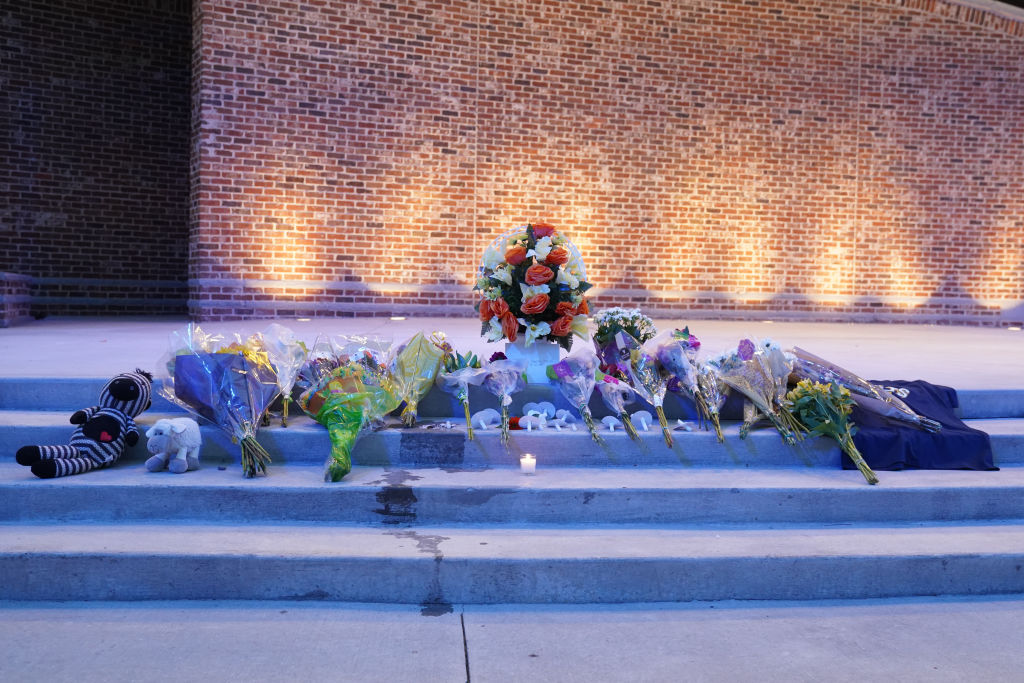
100percentfedup.com
Trump Campaign Announces New Coalition
The Trump campaign on Wednesday launched the “Catholics for Trump” coalition.
“Today, President Donald J. Trump announces ‘Catholics for Trump’, a coalition committed to safeguarding the vital principles of religious liberty and defending family values that President Donald J. Trump has ardently championed. Under President Trump’s leadership, our nation witnessed unprecedented support for religious freedom, with significant victories both domestically and globally. President Trump restored protections for faith-based organizations and bolstered the rights of religious institutions against governmental overreach,” a campaign announcement read.
“Unlike the Harris-Biden administration, which has systematically undermined these fundamental rights, President Trump has stood unwaveringly in defense of the foundational principles of Catholicism. President Trump knows the significance of ensuring religious freedom for all, and unlike Kamala Harris, he also knows the true power of faith and will never take away our God-given rights. This coalition presents an incredible opportunity to display to our nation, under God, what Catholics believe in and the morals we uphold,” it continued.
“Catholics for Trump stands with President Trump in his mission to continue building a nation where the rights of every individual to practice their faith freely is protected. Together, we can secure a future that honors the principles of freedom, faith, and life that are integral to our American heritage, and we will protect the right to engage in the divine Truth of the Lord and hold steadfast His unconditional love that guides us daily,” it added.
New: The Trump campaign has announced “Catholics for Trump Coalition” pic.twitter.com/tsHiX89YK9
— The Calvin Coolidge Project (@TheCalvinCooli1) September 4, 2024
National Catholic Register reports:
During his 2024 presidential campaign, Trump has been trying to appeal to Catholic and other Christian voters. In July, the former president accused Harris and the Democratic Party of being “after Catholics,” adding that “somebody doesn’t like Catholics in that administration.”
Trump nominated three of the six Supreme Court justices who overturned Roe v. Wade, which had prevented states from imposing restrictions on abortion for nearly 50 years. Following the Supreme Court’s decision, about two dozen states imposed restrictions on abortion.
Since then, Trump has moderated his stance on abortion, announcing that he opposes federal restrictions and supports states adopting their own rules. In contrast, Harris has campaigned on codifying the abortion standards previously held in Roe v. Wade, which would override pro-life laws in more than 20 states.
Former President Donald Trump’s 2024 campaign on Sept. 4 launched the Catholics for Trump coalition, which emphasizes the defense of religious liberty, traditional values, and the sanctity of human life as priorities. https://t.co/KyRHm6l77W
— Catholic News Agency (@cnalive) September 4, 2024
“In our lifetime, no president has done more to advance and defend religious freedom than President Donald J. Trump. America needs President Trump back in the White House to protect and preserve our God-given right to worship freely at home and abroad,” Callista L. Gingrich, Former U.S. Ambassador to the Holy See, commented.
Catholics for Trump stands with President Donald J. Trump in his mission to continue building a nation where the rights of every individual to practice their faith freely is protected. To join Catholics for Trump and get involved, visit the link in my bio.… pic.twitter.com/Oyjga2crSB
— Callista Gingrich (@CallyGingrich) September 4, 2024
“Like all Catholics who follow the teachings of the church, it guides every decision I make. There has never been a time when those values and the freedom to practice them have been in greater peril. With such high stakes, we are blessed to have the easiest decision in modern history as to which candidate for president has a record in public office more consistent with those teachings. That’s why I will vote for and support Donald Trump and encourage my fellow Catholics to likewise,” former Sen. Rick Santorum said.
“President Trump’s record in office is more closely aligned with Catholic principles than that of any other president or major party nominee in my lifetime. In 2024, he is running against the most radically anti-Catholic presidential candidate in my lifetime. This is not a difficult decision,” commentator Michael Knowles said.
Review the coalition’s website HERE.














